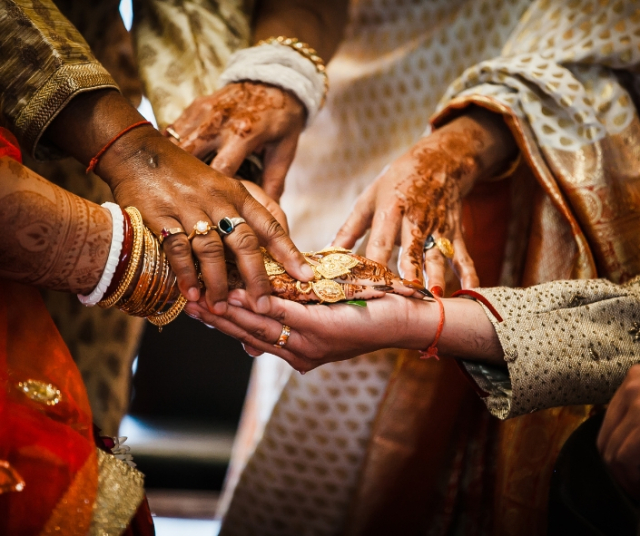Ecuador, a country located in the northwestern region of South America, is known for its cultural and ethnic diversity. In this article, we will explore the various indigenous cultures that coexist in Ecuador, highlighting their traditions, languages, customs, art and their contribution to the national identity and cultural heritage of the country.
The indigenous cultures of Ecuador:
Ecuador's indigenous cultures have a long history and a deep connection to the land and nature. Over the centuries, these cultures have preserved their ancestral traditions, languages and ways of life, resisting the influence of colonization and fighting for the recognition of their rights and the protection of their territories.
Indigenous peoples of the Coast:
In the coastal region of Ecuador, several indigenous peoples have inhabited these lands since ancient times. Among them are the Chachi, Tsáchila, Huancavilca and Epera, each with their own language, traditions and worldview. These people have maintained close ties to the ocean and the rainforest, practicing fishing, hunting and agriculture as their main means of subsistence.
Indigenous peoples of the Sierra:
In the Sierra mountain region, indigenous people have played an important role in the history and culture of Ecuador. Among the best known are the Quechua and the Kichwa, whose traditions and customs have deeply influenced the country's national identity. These towns are known for their skill in mountain agriculture, weaving, ceramics and traditional medicine.
Indigenous peoples of the Amazon:
In the vast Amazon region of Ecuador, numerous indigenous peoples have maintained their traditional way of life, in harmony with the rainforest and its natural resources. Among them are the Waorani, Huaorani, Shuar, Achuar and Siona, whose cultures are deeply rooted in hunting, fishing, slash-and-burn agriculture, and herbal medicine.
Identity and resistance:
Throughout history, Ecuador's indigenous cultures have faced numerous challenges, including colonization, discrimination, and the loss of their ancestral lands. However, they have resisted with courage and determination, defending their rights, preserving their traditions and fighting for the recognition of their identity and cultural heritage.
Contributions to society and culture:
Ecuador's indigenous cultures have not only left an indelible mark on the country's social and cultural fabric, but have also made significant contributions to Ecuadorian society as a whole. Through their practices, traditions and ancestral knowledge, these communities have enriched the country's cultural heritage and have played a fundamental role in the conservation of the environment and the promotion of cultural diversity.
One of the most notable contributions of Ecuador's indigenous cultures is their deep knowledge of the natural environment and their ability to live in harmony with nature. For centuries, indigenous communities have developed traditional knowledge systems on sustainable natural resource management, herbal medicine, organic agriculture, and biodiversity preservation. This knowledge is not only valuable to indigenous communities, but also has great potential to contribute to environmental conservation and sustainable development throughout the country.
Additionally, Ecuador's indigenous cultures have made important contributions in the field of arts and crafts. Through their traditional skills and techniques, they have created a wide variety of artisanal products, such as textiles, ceramics, basketry and jewellery, which are appreciated both nationally and internationally. These crafts are not only an expression of the creativity and talent of indigenous communities, but also play an important role in promoting cultural tourism and economic development in rural areas of the country.
Additionally, Ecuador's indigenous cultures have contributed significantly to the country's linguistic diversity. Ecuador is home to a wide variety of indigenous languages, many of which are spoken only in specific communities and are in danger of extinction. These languages are not only an invaluable cultural treasure, but they are also carriers of ancient knowledge and traditions that have been passed down from generation to generation. The preservation and revitalization of these indigenous languages is essential to ensure the survival of indigenous cultures and promote linguistic diversity in the country.
Additionally, Ecuador's indigenous cultures have played an important role in the fight for indigenous rights and social justice. Throughout history, indigenous communities have faced discrimination, displacement, and violations of their territorial and cultural rights. However, they have bravely resisted and fought for the recognition of their rights and the protection of their ancestral territories. Thanks to their activism and mobilization, important advances have been achieved in terms of recognition of indigenous identity, political participation and access to education and health.
Challenges and future perspectives:
Despite progress in terms of rights recognition and political participation, Ecuador's indigenous cultures continue to face significant challenges, such as land loss, environmental pollution, and cultural erosion. However, they continue to be a vital force in Ecuadorian society and an example of resistance, resilience and cultural pride.
The indigenous cultures of Ecuador are an invaluable treasure that deserves to be valued, respected and preserved. Its cultural richness and its deep connection with the land and nature are a source of inspiration and learning for all Ecuadorians and for the entire world. It is essential to recognize and appreciate the cultural diversity of the country and work together to build a more inclusive, fair and respectful society of the rights of all its inhabitants, including indigenous peoples.
